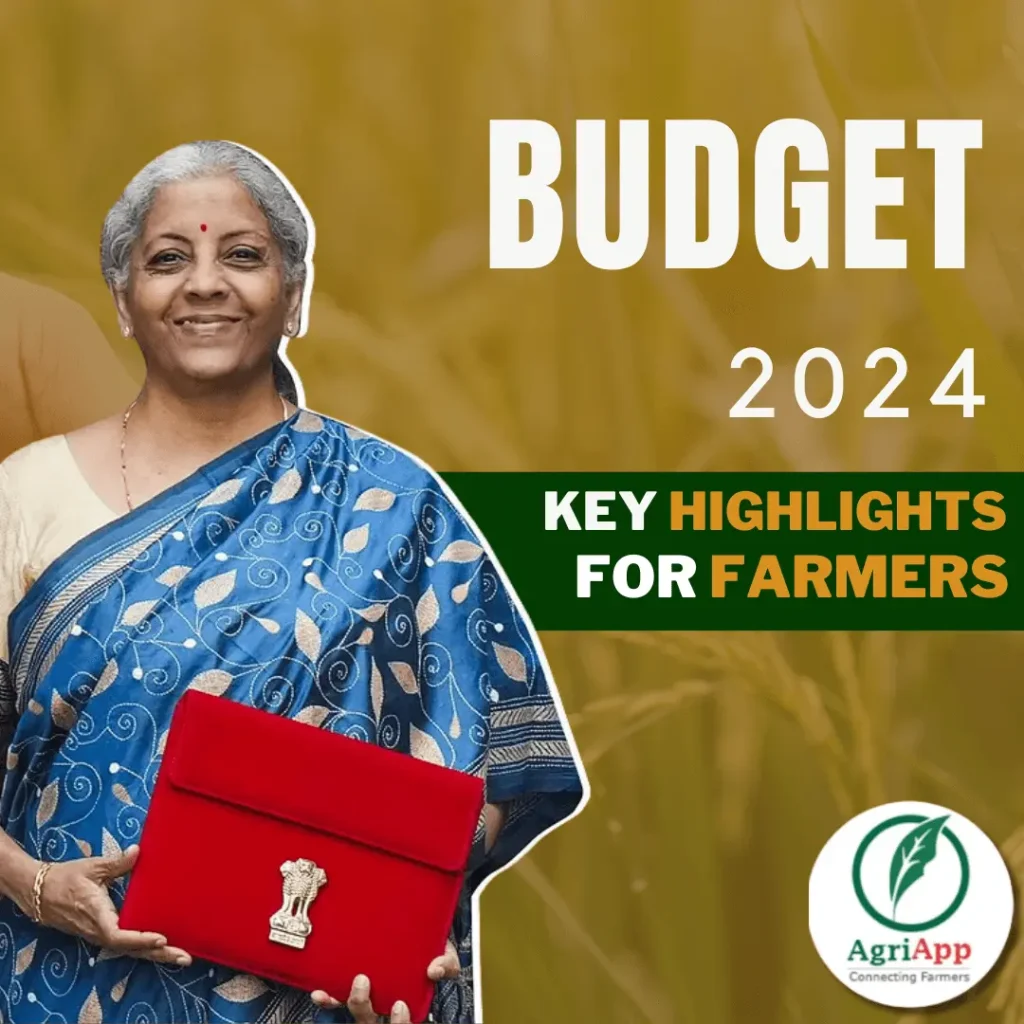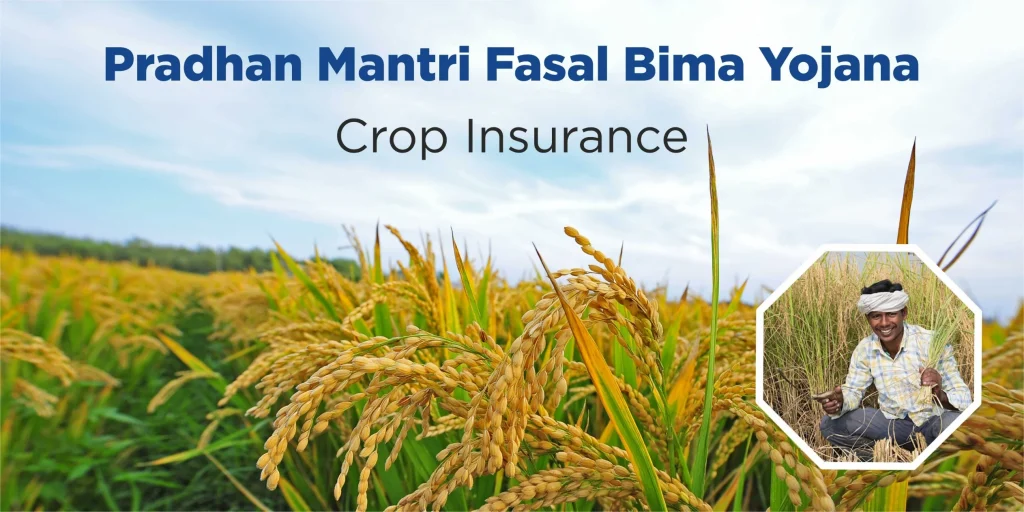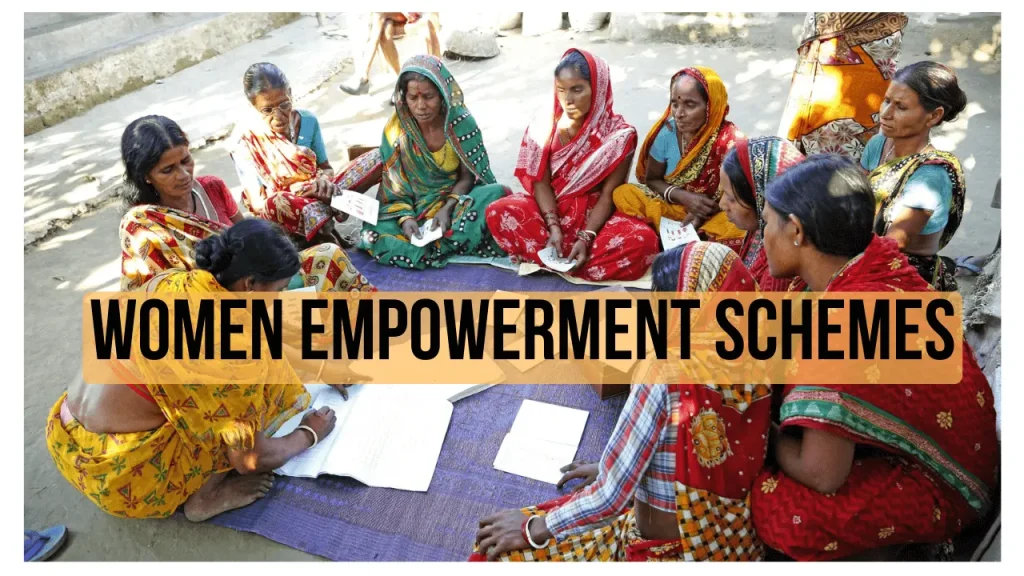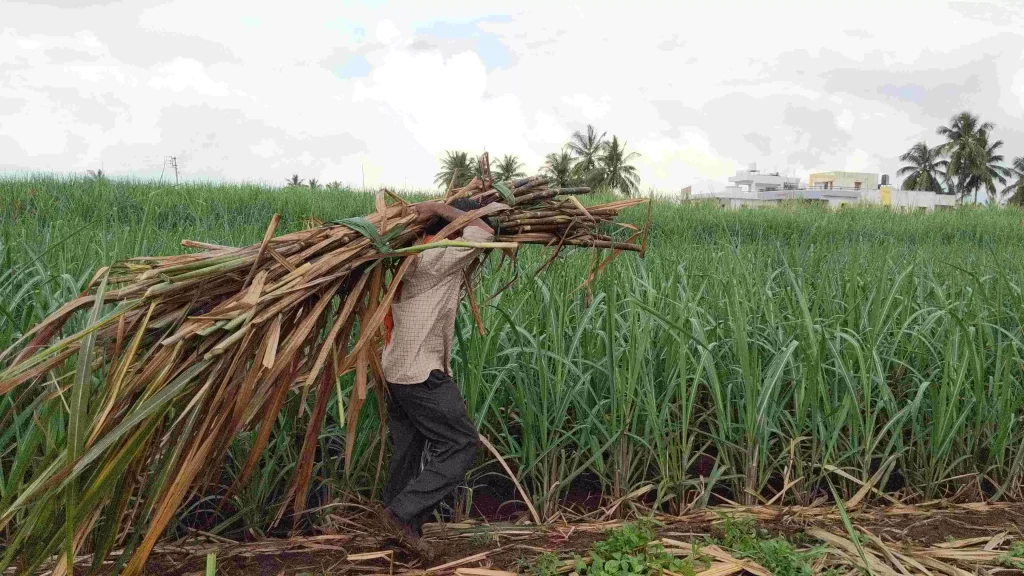While talking about the interim budget 2024 for the year, our honourable finance minister Nirmala Sitharaman said helping farmers (she used the word Annadata), as well as poor people, women, and tech-savvy young people is the priority for the government.

She also said the government wants to make sure development includes everyone and helps every part of society and announced an 11% increase in infra spend, measures for the agri sector. Let’s take a look at how this interim budget can benefit farmers in different ways.
1. Annadata Program
The ‘Annadata‘ program is a big plan from 2024 budget to make sure farmers get good prices for the crops they grow. This year, Finance Minister Nirmala Sitharaman talked about the Annadata program in her budget speech. She mentioned that this program helps increase the minimum prices that farmers get for their crops over time.
Annadata means ‘farmer.’ This program is part of the government’s plan to help farmers, who play a big role in India’s economy. The government, led by Prime Minister Narendra Modi, started this program to make sure farmers are paid well for their crops.
The Annadata program focuses on three main things: making farming better, making it cost less to grow crops, and making sure farmers earn more money in the long run.
Sitharaman said the government cares a lot about four groups: the poor, women, young people, and farmers. Helping them is their top goal. She believes that when these groups do well, the whole country does well. The government supports them so they can improve their lives.
The program is expected to help farmers earn more money because it will make sure they get higher prices for their crops, with the help of state governments.
For more information please click here
2. Pradhan Mantri Fasal Bima Yojana (PMFBY): A Lifeline for 4 Crore Farmers with Essential Crop Insurance
Following the Annadata Program, another key initiative highlighted in this year’s budget is the Pradhan Mantri Fasal Bima Yojana (PMFBY), aimed at supporting our hardworking farmers. While presenting the budget 2024 Finance Minister Nirmala Sitharaman announced that this crop insurance scheme has already reached out to 4 crore farmers, providing them with much-needed financial security.
With a budget allocation of Rs 13,625 crore for the fiscal year, PMFBY ensures that farmers are compensated for losses due to natural calamities, pests, and diseases. This scheme is especially important as it includes coverage for post-harvest losses from hailstorms, and now even cloudbursts and natural fires are considered.

What makes PMFBY stand out is its affordability for farmers, requiring them to pay only a minimal portion of the premium for their crops’ insurance. This effort is part of the government’s broader commitment to ensuring that development reaches everyone in society, particularly our Annadatas, who contribute immensely to the nation’s well-being and economy.
The inclusion of 1,361 markets into a trading network boasting a volume of 3 trillion is a testament to the government’s dedication to enhancing the agricultural sector’s efficiency and profitability. This scheme, along with the Annadata Program, underscores the government’s comprehensive approach to uplift and empower farmers, ensuring their prosperity and the nation’s progress.
Who is Eligible:
Regardless of the size of their holding, the scheme is open to all farmers, both loanee and non-loanee. Farmers must have a valid and authenticated land ownership certificate or a valid land tenancy agreement. The farmer must have applied for insurance coverage within the prescribed time frame, which is generally within 2 weeks of the start of the sowing season.
Apply here: https://pmfby.gov.in/
Continuing from the impactful schemes discussed earlier, the third key point in Budget 2024 further showcases the government’s dedication to agriculture and women’s empowerment.
3. Empowering Women and Boosting Oilseed Production
Despite the anticipation for major announcements following the introduction of the PM-KISAN scheme, this year’s budget adopted a more measured approach, concentrating on sustainable development areas like dairy, bees, fish, green energy, logistics, value addition, and technology.

a) Reviving the PM AASHA Scheme
A significant move in 2024 budget presentation is the rejuvenation of the PM AASHA (Pradhan Mantri Annadata Aay SanraksHan Abhiyan) scheme for farmers, with funding increased to approximately Rs 1,700 crore. This strategic decision aims to ensure Minimum Support Prices (MSP) for oilseed farmers, addressing the challenges posed by the double-digit inflation of edible oil prices and the high dependency on imported oils. By reviving this scheme, the government intends to stabilize oilseed production within the country, ensuring farmers are motivated to continue their valuable contributions.
b) Atmanirbhar Oil Seeds Abhiyan
After PM Aasha scheme, another good news from 2024 budget is for oil seed farmers. This mission targets the enhancement of five key oilseeds’ production through improved seed access, smart farming techniques, and efficient market linkages. This initiative marks a crucial step toward self-reliance in oilseed production, reducing import dependency and strengthening the agricultural foundation.
c) Innovation in Ethanol Production
The budget also spotlights an increase in support for ethanol production from sugarcane, with an allocation of Rs 450 crores. This aligns with the government’s E20 mandate, aiming for a 20% ethanol blend in vehicle fuel by 2025-26, and highlights the strategic role of sugarcane-based ethanol in achieving this goal.

d) Enhanced Focus on Logistics and Infrastructure
The budget extends its vision to apiaries, fisheries, and dairy farms, allocating increased funds to deepen and streamline value chains. This includes expansions in the Agriculture Infrastructure Fund (AIF), Rashtriya Krishi Vikas Yojana (RKVY), and Krishonnati Yojana, fostering a more integrated, efficient and sustainable agricultural ecosystem.
e) Empowering ‘Drone Didis’
A novel introduction this year is the ‘NAMO Drone Didi’ scheme, earmarking Rs 500 crore to empower 15,000 women-led Self-Help Groups with drones. The Primary Objective of this scheme is to empower women and make them independent financially. Women will receive 15,000 drones under the Drone Didi scheme, empowering them in the process.

This initiative not only aims to enhance agricultural efficiency but also to improve the economic viability for these women, showcasing a forward-thinking approach to community involvement and technological integration in farming.
Eligibility for Drone Didi Scheme
- The applicant should be a woman
- The applicant should belong to the lower economic groups.
- The applicant should be involved in agricultural activities.
- Applicant should have a PAN Card
How to Apply For Drone Didi Scheme
- First, you must visit the official site for the scheme. (The official website is not yet available)
- Then the homepage of the screen will appear in front of the screen
- On the dashboard click for new registration or sign up or apply online
- Fill in the required documents and submit the application
Interim Budget for Farmers In Short
In conclusion, Budget 2024 marks a significant stride towards empowering India’s agricultural sector, with a primary focus on Annadatas – our cherished farmers. Through the introduction and enhancement of pivotal schemes like the Annadata Program, PMFBY, and the revitalization of the PM Aasha Scheme, alongside new initiatives aimed at oilseed production and ethanol production enhancements, the government lays a solid foundation for a sustainable and prosperous agricultural future.
Each initiative, from empowering women through ‘Drone Didis’ to advancing oilseed self-reliance, reflects a deep commitment to not only addressing immediate challenges but also setting the stage for long-term growth and stability.
As we move forward, these measures promise to transform the landscape of Indian agriculture, ensuring that it remains robust, resilient, and ready to meet the demands of the future. With this interim budget, the government reaffirms its dedication to the welfare of farmers, underscoring their vital role in the nation’s economy and the well-being of its people.
Read about the most important government schemes from 2023 here.